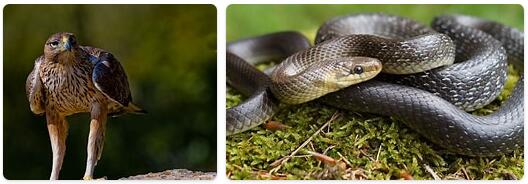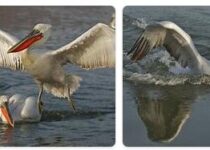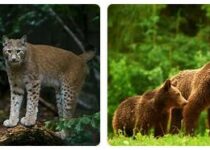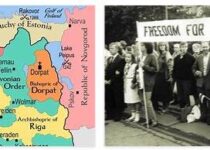Geography of Kosovo
Kosovo celebrates its independence day on February 17, commemorating the country’s independence from Serbia in 2008. The formal name of Kosovo is The Republic of Kosovo and its national symbols include a flag with a blue background and a golden map of Kosovo in the center, an escutcheon featuring a shield with an image of six white stars above it, and the national seal which features an image of a golden lion. The national anthem is called “Europe” which celebrates the country’s struggle for independence. The national flower is the Red Poppy while the national animal is the Golden Eagle. Kosovo also has an official motto: “Integriteti, Uniteti, Pavarësia” which means “Integrity, Unity, Independence”. See historyaah for Kosovo history.
According to COUNTRYAAH, Kosovo’s international law status was unresolved for eight years after the invasion. The country remained formally part of Yugoslavia, but the United Nations failed to decide on its future. The situation was locked in because the Kosovar Albanian majority of the country did not want to remain in Serbia and because the UN could not force a detachment from Serbia. It would create an unfortunate precedent in the region for ethnic separation give Srpska in Bosnia and Herzegovina a strong argument for detachment from Bosnia. At the same time, Russia was opposed and would veto the Security Council.
Instead, the United States encouraged Kosova to unilaterally declare itself. This happened in February 2008. The new country was immediately recognized by the United States, while the Declaration of Independence triggered widespread demonstrations in Serbia, culminating when the US embassy in the country caught fire. As expected, Republika Srpska declared it would print a referendum on the detachment from Bosnia and Herzegovina. In Prishtina, Kosova cheered Albanians on independence. In May 2010, 69 members of the UN and Taiwan had recognized the country’s independence – including the EU, the US and its sound states. Kosova has not applied for UN membership, as it would encounter a Russian and Chinese veto in the Security Council.

Thaçi avoided an attack in June 2008 at his home in Caucasus.
Following Georgia’s attack on Abkhazia and South Ossetia in August 2008, Russia acknowledged the national independence of the two territories in the same month, referring to the West’s recognition of Kosova 6 months earlier despite Russian warnings.
The International Court of Justice in The Hague issued a ruling in July 2010 that Kosovo’s declaration of independence did not violate international law.
In April 2011, the “independent” Atifete Jahjaga was elected President of Parliament. She was already a candidate for the 3 most important parties in the country and the US ambassador to the country. With the election, she became the country’s first female president.
- AbbreviationFinder: Offer a full list of commonly used abbreviations, acronyms, and initialisms related to the state of Kosovo.
In February 2012, Jahjaga created a National Anti-Corruption Council to fight the widespread corruption in the country.
Kosovo’s president did much to bridge the country’s diverse faiths and ethnicities. For Easter in 2013, she visited the Serbian Orthodox monastery in Decan and urged the country’s citizens to cultivate the cross-religious tolerance.
The economy was still in very poor condition. Growth in 2012 was -3.8% and unemployment was 30.9% in 2013.
Following EU mediation, the Kosovar and Serbian government concluded an agreement in April 2013 that will allow the Serbs in Kosova to set up their own police force and appeal court. However, the agreement is not yet approved in the parliaments of the countries.
The June 2014 parliamentary elections brought about a major transformation of Parliament. The new Kosova Alliance lost 8 seats and completely quit. The Independent Liberal Party also lost 8 seats and quit. In return came the Serbian List, which got 9 seats and Kosovo’s Civil Initiative, which got 6. The 3 largest parties in parliament all progressed a bit: PDK to 37 seats and LDK to 30. These two formed subsequent government. Thaçi continued on the prime minister post.


